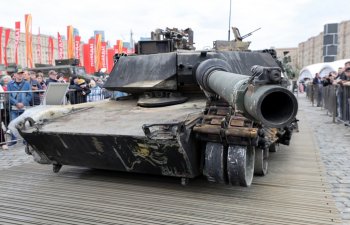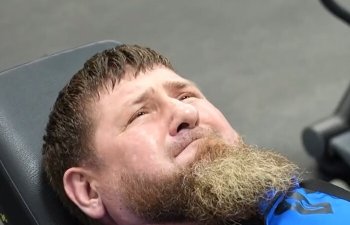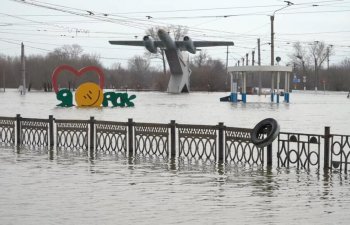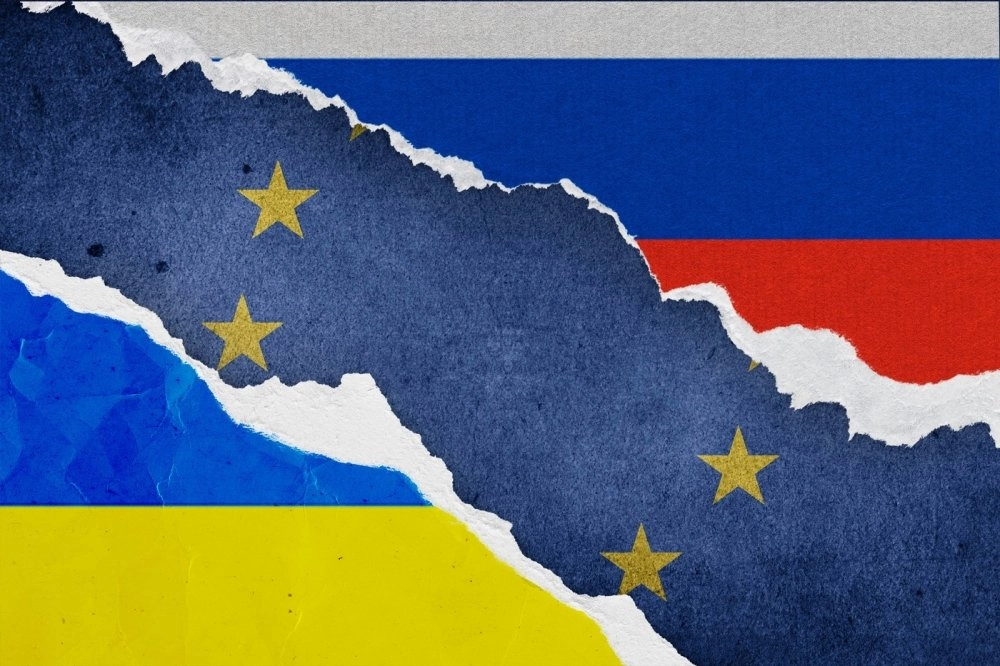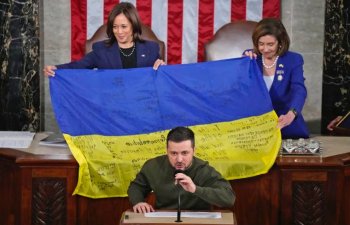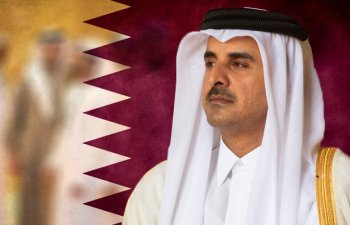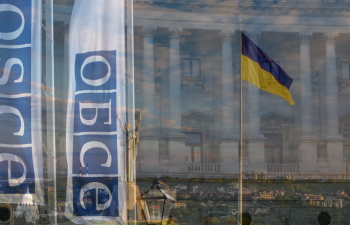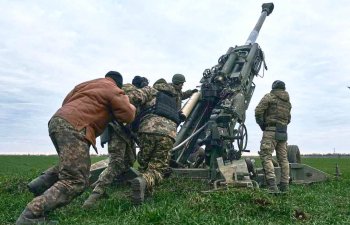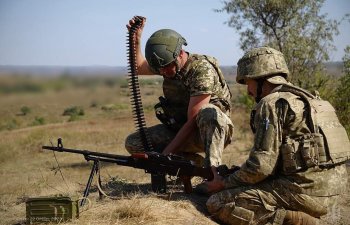Turkey and the Peace Talks
Turkey has expressed its desire that the war in Ukraine should stop since its beginning and has hosted two separate talks between the clashing sides for a cease-fire. So far Turkey assumed a role to facilitate the talks between the sides. However, Turkey can also act as a peacemaker if it uses the confidence given to itself correctly and directs it to a compromise by producing acceptable solutions.
The first of the meetings hosted by Turkey was held at the level of foreign ministers in Antalya on March 10, and the second was held between the delegations of Ukraine and Russia in Istanbul on March 29. Although these talks created excitement, since the results they produced were not very clear, they caused a certain disappointment. At the very least, the fact that these talks were held in a neutral country, rather than in a country that is clearly under the control of Russia such as Belarus, could be considered progress. Of course, this is the success of Turkey, which successfully maintains a balanced relationship with both countries.
Is the balanced policy pursued by Turkey a choice?
In fact, it is not surprising that Turkey, which has for a long time displayed a hawkish attitude in foreign relations largely excluding diplomacy, has quickly adopted using it with the start of the war. The conditions that Turkey found itself in do not allow any option other than diplomacy and require remaining as neutral as possible. Turkey has been dependent on energy almost exclusively from Russia, from natural gas to nuclear energy projects that it has developed as an alternative to natural resources. In addition, to keep its military presence in Syria its relations with Russia should be at least at a sustainable level because Russia controls the airspace in the region.
On the other hand, while Turkey, as a NATO member and a candidate country for the European Union, is allied with the west, their relations have been strained for a long time. It has disagreements with the members of the European Union and the USA on various issues. These relations worsened especially after the purchase of Russian-made S400 air defence systems, and the continuation of relations became questionable after the contract of Turkey for the purchase of American-made new generation F35 fighter aircraft was cancelled by the USA. Increasing anti-Westernism in Turkey has led to further strengthening of relations with Russia as an alternative power.
It was an unexpected surprise to the West that Turkey, which seems to be getting closer to Russia and moving away from the West, openly rejected the invasion of Russia and condemned the aggression. Even Turkey's non-participation in the sanctions of the West was not questioned much in this context and was accepted thanks to its position in the balance between the parties. Turkey's balanced policy and the drones it produces and sells to Ukraine allow Turkey to be in a position of a certain prestige for now.
Turkey's part in the talks
So, how can we define the facilitating duty that Turkey has assumed? Mediation for peace includes negotiation, mediation, conciliation and bargaining between the parties. Although Turkey has expressed its opinion several times during these peace talks, there is no information about the proposals it has actively brought, and what kind of negotiations it has been involved in for the acceptance of these proposals. On March 25, President Erdogan said that he would encourage during his phone meeting with the Russian President to design an honourable exit out of the war. While this is a good idea, it probably isn't a new one for Mr Putin. The problem is figuring out what the sides understand from an honourable exit and what they can agree to. After this proposal, if Turkey takes an active stance to find a consensus between Ukraine and Russia, it can go beyond being a facilitator of negotiations to a peace mediator.
Diplomatic performance of Turkey
For now, despite some mistakes, Turkey fulfils its duty to secure the occurrence of negotiations. However, diplomacy requires certain secretiveness, and unfortunately, Turkish officials are eager to talk too much. For example, President Erdogan's announcement that the sides are close to an agreement on four of the six topics seems to have created dissatisfaction in Ukraine. In addition to this, the attitude to inflate the importance of the results after the negotiations can cast a shadow on the seriousness of Turkey.
Also to support the image of President Erdogan as a strong leader and also to spread the hopes for a quick recovery from the economic crisis that Turkey is in, the Turkish officials and the media close to the administration are too busy speculating about how the war will benefit Turkey. This not only leads to a lot of talk on issues that should be talked about less but also endangers Turkey to be seen as an opportunist.
Another danger is the possibility of the diversion of Russian oligarchs' wealth to Turkey. If this happens and is not managed properly, it may lead to the conclusion that Turkey, which has already been greylisted by the Financial Action Task Force on Anti-Money Laundering, circumvents the sanctions of the west, and this may cause serious problems with the west in the future.
If Turkey performs its duties well, may its current role evolve to a more participatory level for a peace deal, such as being a guarantor state?
It is too early to answer this question because it is not yet clear what the guarantor state practice will be and how it is planned to be implemented. It is very well known that Russia opposes Ukraine's membership in NATO, but half of the proposed guarantor states are members of NATO countries, even if Russia accepts it, would those countries volunteer to be in the middle of a problem that could lead to a third world war?
In addition, if a guarantor system is formed, it is necessary to discuss how well Turkey would be able to fulfil its guarantor duty, considering its dependence on Russia in energy and other issues. While Russia has nuclear war capabilities, it should be taken into account that Turkey does not have such power. However, in order to win the 2023 presidential and parliamentary elections, if necessary Turkey may accept this new role.
Although the heroic resistance of the Ukrainian people and army inflicts much damage to the attacking forces, Russia's resources and the indifference of its people prevent this resistance from being felt. The sad truth is that Russia's brutality continues to increase every day and war will only end if Russia wishes it. This means for the Ukrainian Nation, only greater pain for a long time before Russia is ready for a diplomatic resolution.
However, this bleak conclusion does not mean that Russia will enforce its will on the Ukrainian Nation. When the Soviet Union attacked Finland in 1939, despite its superior military strength, especially in tanks and aircraft, it suffered severe losses and 105 days later had to stop its aggression and agreed to a peace treaty. International support to Finland was minimal and arrived late. Territorial gains of the Soviet Union were small. Today Ukraine has significant support from the west and its army opposes magnificently against the invader. Although suffering is inevitable, victory may very well reside on the side of Ukraine and its brave people.
İzzet Enünlü
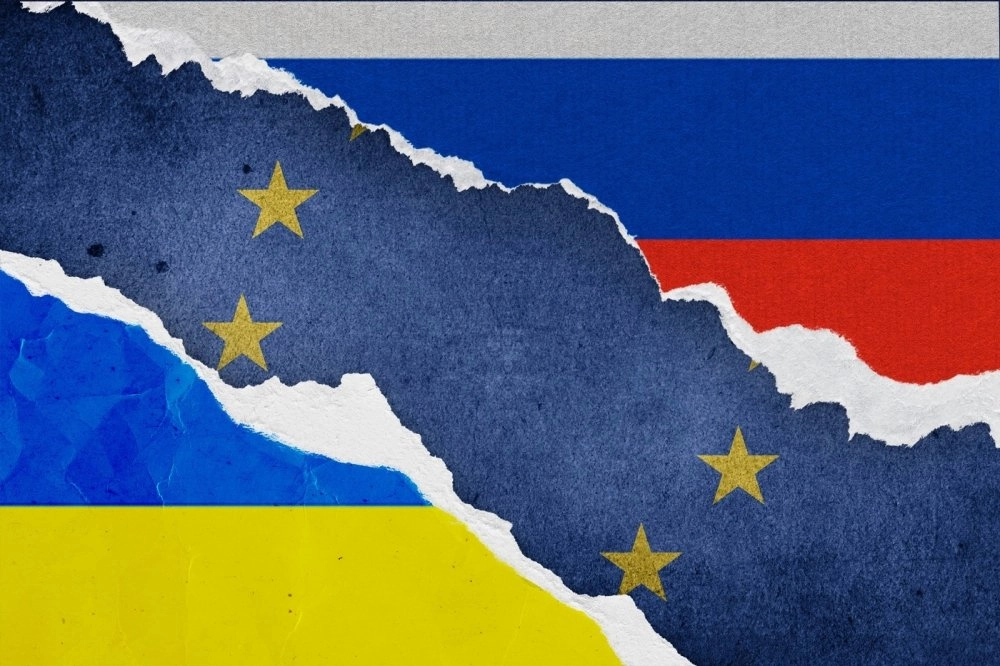 Нет. Нет. Возможно. Ну ладно, да.
Нет. Нет. Возможно. Ну ладно, да.
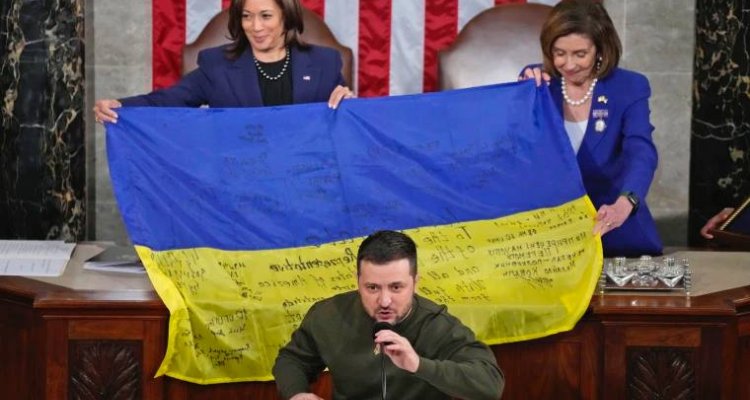 Республиканцы готовы положить Украину под елку Путину...
Республиканцы готовы положить Украину под елку Путину...
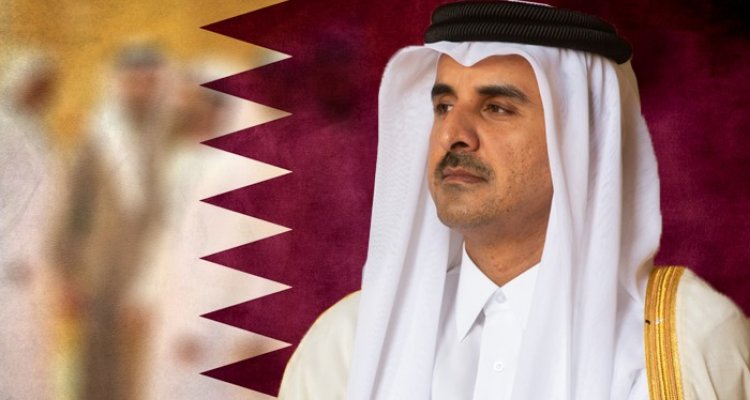 Между Израилем и ХАМАС. Посредничество как способ выживания...
Между Израилем и ХАМАС. Посредничество как способ выживания...
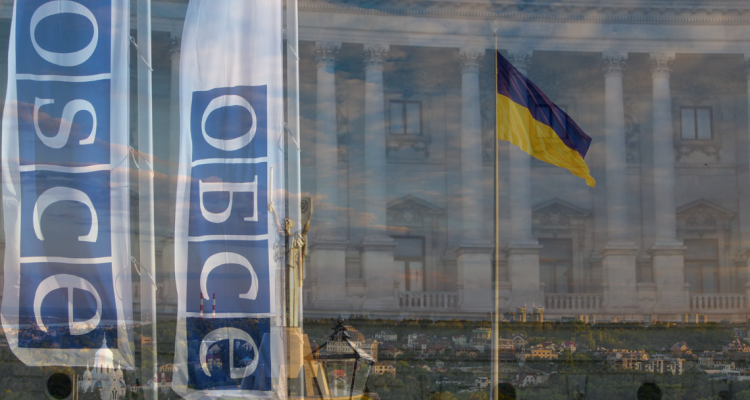 Яна Слесарчук: ОБСЕ выжила. Есть ли, что праздновать?...
Яна Слесарчук: ОБСЕ выжила. Есть ли, что праздновать?...
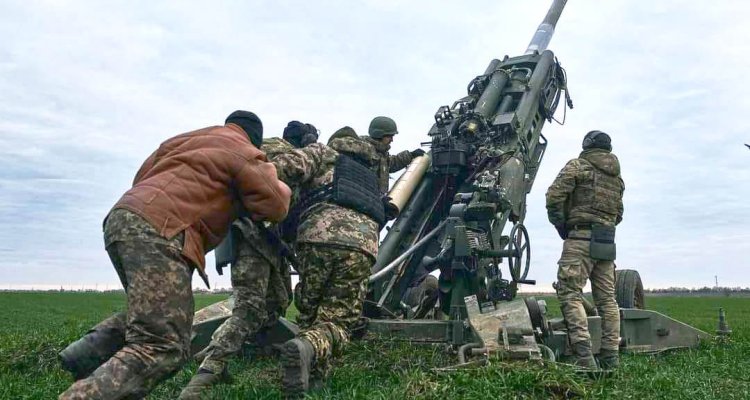 Том Купер: Медленно, но продолжается. Как происходит продвиж...
Том Купер: Медленно, но продолжается. Как происходит продвиж...
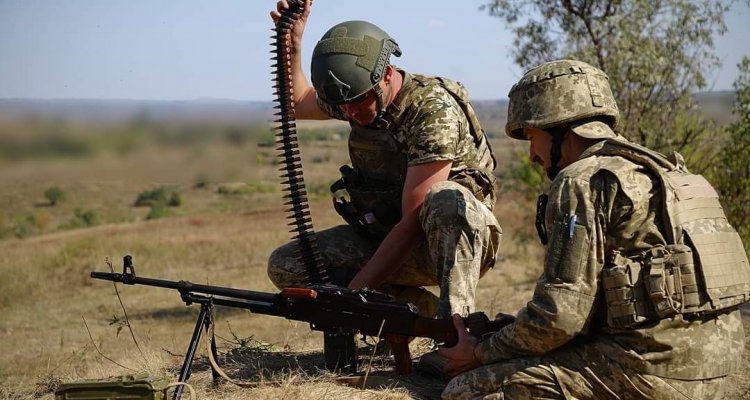 Том Купер: Наступление на Авдеевку...
Том Купер: Наступление на Авдеевку...
